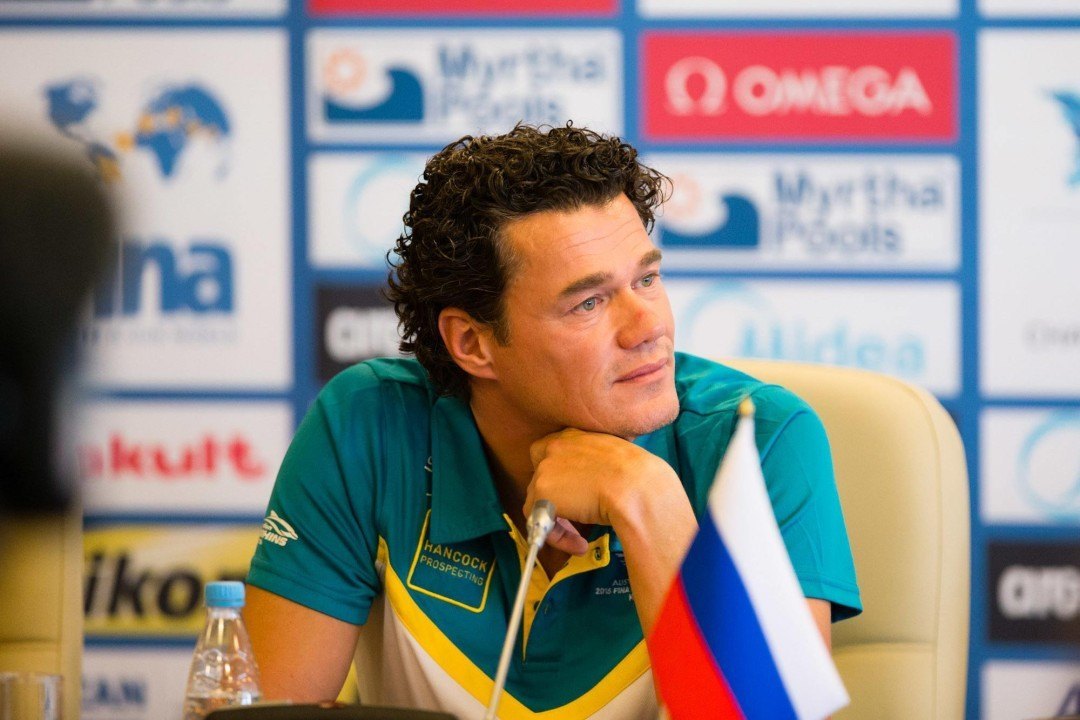A recent document released by the Australian Institute of Sport outlines both the results of the Winning Edge program and how the funding has been allocated. Over $300 million has been spent with $45 million going towards swimming, more than any other sport.
Of that $45 million there has been $4 million put towards improving Swimming Australia’s performance enhancement teams. This would include sport scientists and support staff for both the podium centres and the national team. The Podium Centre program was implemented in December of 2014 as part of the strategic plan outlined in the Winning Edge program.
One of the greatest examples of success coming from the Podium Centre program is St Peters Western. St Peters Western is coached by Micheal Bohl who works closely with the team’s physiotherapist, nutritionist, biomechanist, physiologist and strength and conditioning coach. This collaboration resulted in St Peters Western placing seven athletes on the Australian Olympic team, which includes Mitch Larkin, Madi Wilson, Emma McKeon, Bronte Barratt, Georgia Bohl, Madeline Groves and Grant Irvine.
In an interview with SwimSwam Jacco Verhaeren, the Head Coach of the Australian National Team, discussed how focusing on ensuring that coaches have what they need to optimize their daily performance environment, “What I do is regularly visit their programs or have meetings and calls with the coaches where we talk about their planning and things like that,” Verhaeren told SwimSwam.
“It is a great opportunity for myself and the coaches to sit down and share ideas about athletes, about their technique, about their planning and their training.”
“It is partly their daily training environment and looking at how we can upgrade that environment. A lot of my conversations are around how do you work with your physiotherapist? How do you work with your dry land or strength and conditioning specialist? The doctor, etc… the support team.
“We made some significant steps in that area, but I think going forward this is where we can still make a lot of progression. Forming highly professional teams around the coach and the athlete that really support that athlete on a more permanent and consistent basis.”
“We have made some significant steps, but that needs to develop further.”
Verhaeren explained the support teams that are in place are of a very high quality, but many have responsibilities with other sports. Several members of the support teams come from different environments, which has some positive aspects and some challenges.
The biggest positive is coaches are provided with feedback from highly qualified individuals who have different perspectives. The biggest challenge is the lack of consistency and accessibility,”What you see in a lot of states is if you are working with a physiologist that same physiologist could work with athletics, track cycling and gymnastics at the same time.”
“High performance demands flexibility and focus not only from the coaches but also from the people who work around that. I think where we can become better is in those more permanent and consistent staff.”
“Here in Australia the experts you work with come from the AIS, they come from state institutes, they can come from universities. What we really want to do is create a little bit more unity between all of those parties. We work with really good people, but they are not always accessible and available.”
“By creating better accessibility, better availability within the existing system I think that is going to be the biggest improvement in Australia. So it will guarantee more consistency in the training environment of the athletes and in the coaching.”
So far it appears that Swimming Australia has used the funds they have been given wisely, but the biggest test will come in Rio.
